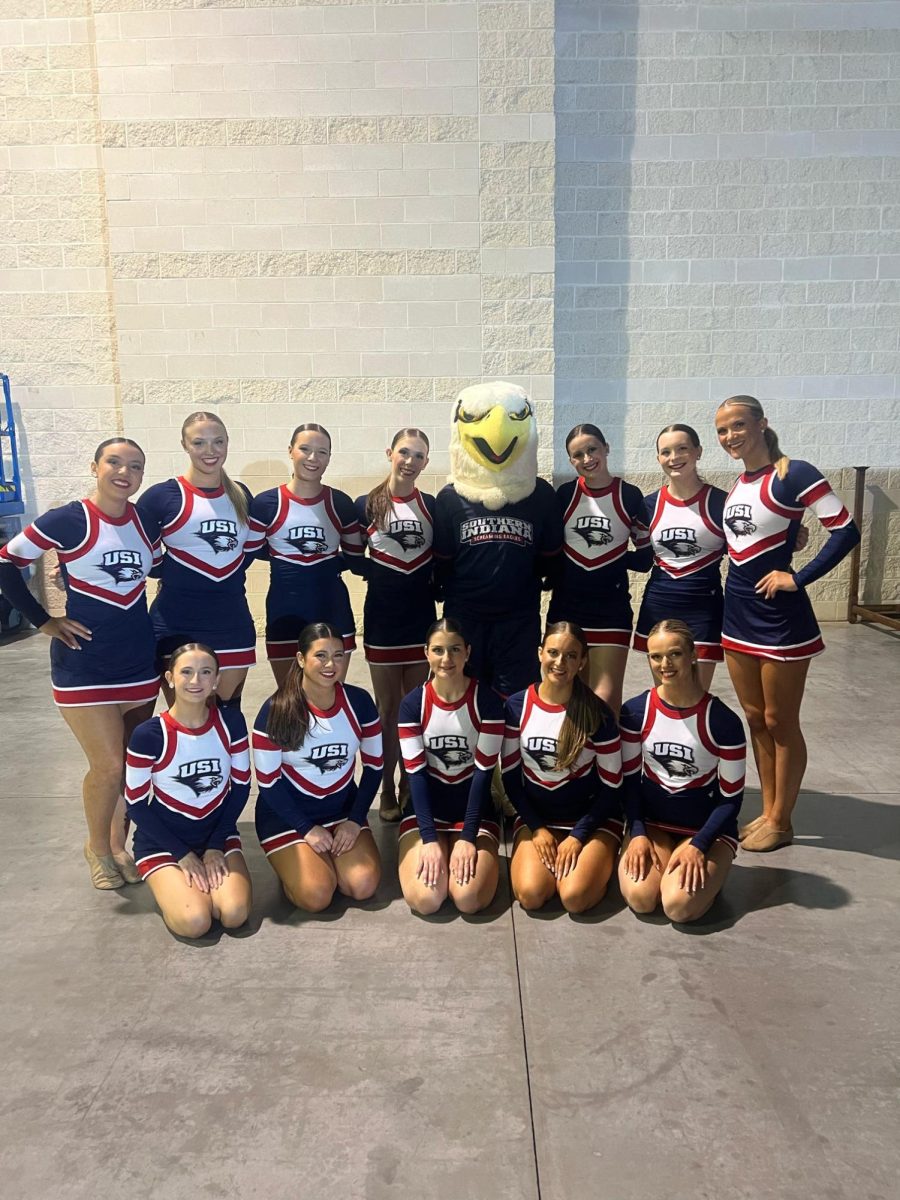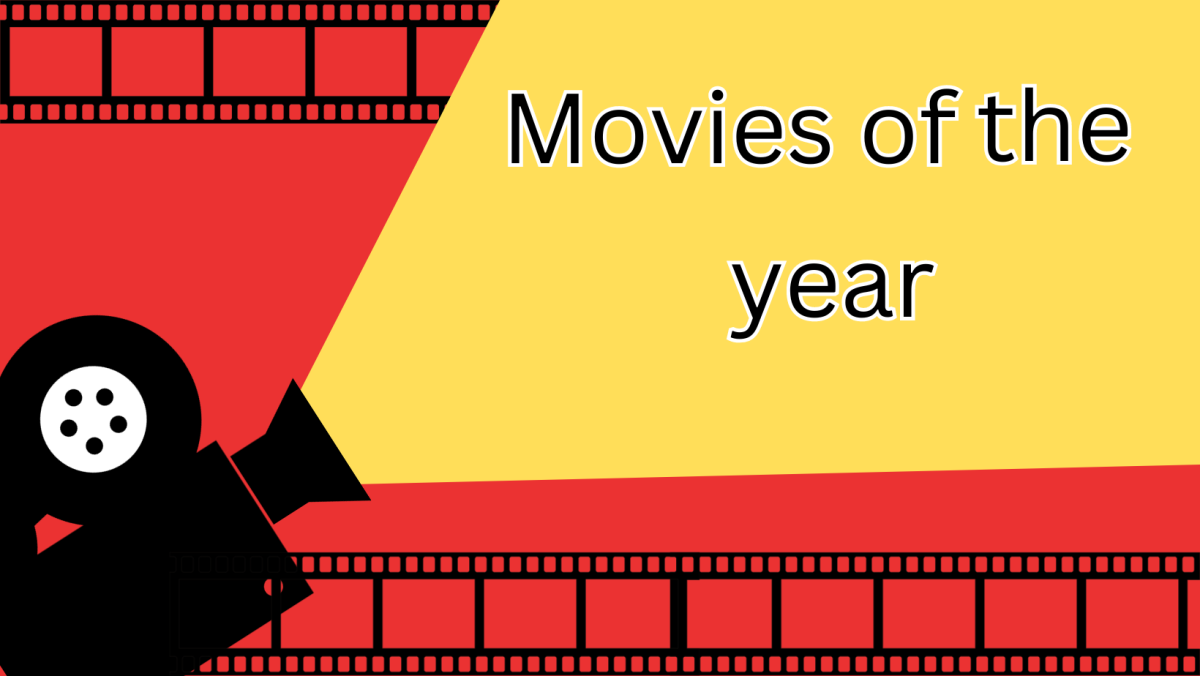There are frightening bills being passed through the House of Representatives and the Senate that endanger the Internet and its use in the United States.
These bills, called the Stop Online Piracy Act (SOPA) and the Protect IP Act (PIPA), are bills that damage the very infrastructure of the Internet and promote the active censoring of websites from the American public. This censorship is the same method used by China, Iran and Syria to prevent their public from accessing websites the government doesn’t want them to see.
Numerous websites would be blocked from web traffic, ad-revenue and search traffic from the United States, damaging the global economy.
Also, this bill requires that all sites become liable for user-posted content. This directly effects giant media corporations and social networking sites, such as Youtube, Facebook, Google, Twitter, Reddit and even Tumblr. These websites could be completely blocked or would be required by law to actively censor all content being posted by users.
The bills have been moving through the House and Senate quickly, trying to be passed without much press attention.
Backed by the Recording Industry Association of America, Motion Picture Association of America and the U.S. Chamber of Commerce, the bill has large support. Luckily, tech giants like Microsoft, Apple, Google, Yahoo, Facebook and the Consumer Electronics Association have joined forces to lobby against the bill.
Yahoo has even gone as far as to pull out of the Chamber of Commerce over opposition to the bill. While these companies admit that online piracy of movies, music and games is a growing problem, the bill allows too much governmental power to censor content.
Also, this threatens the individual Internet user greatly. The legislation passed would make posting copyrighted work that would cost more $2,500 to license a felony punishable with a potential for a five-year sentence.
Singing a cover of your favorite song on Youtube or having a popular song playing in the background of one of your videos could become a felony.
So what can we do to help prevent the censorship of our websites and social media?
The first step, and most important, is to contact your representative in the House and Senate and tell them that you oppose the two bills.
The best way to contact your representative is by phone, which can be found at www.house.gov and www.senate.gov respectively.
Next, I suggest visiting www.americancensorship.org and signing up there to help further back the voices against the signing of this bill.
Perhaps just as important is to stay informed about the bills and their progress through the House and Senate, and to spread the word about this bill. Since they have been moved so quickly, it seems many people do not realize the implications of what would happen if this bill passed.
By spreading the message and letting other people learn about the bill, then we can hopefully make enough of a voice to prevent the censoring of websites in America.












